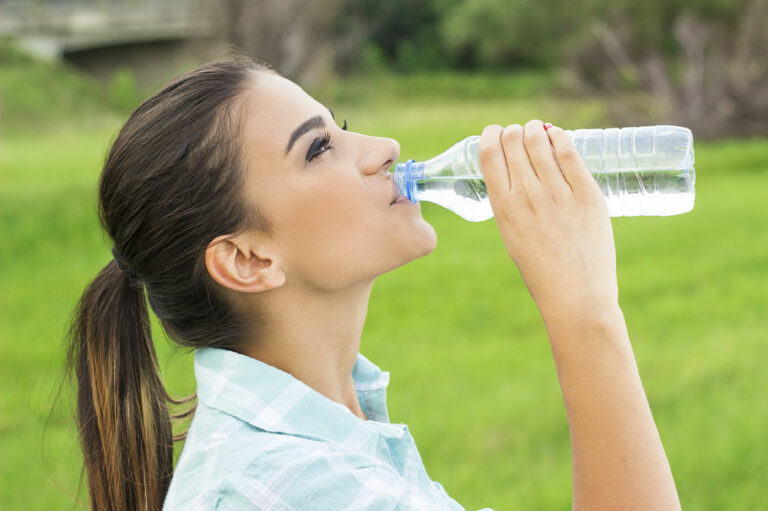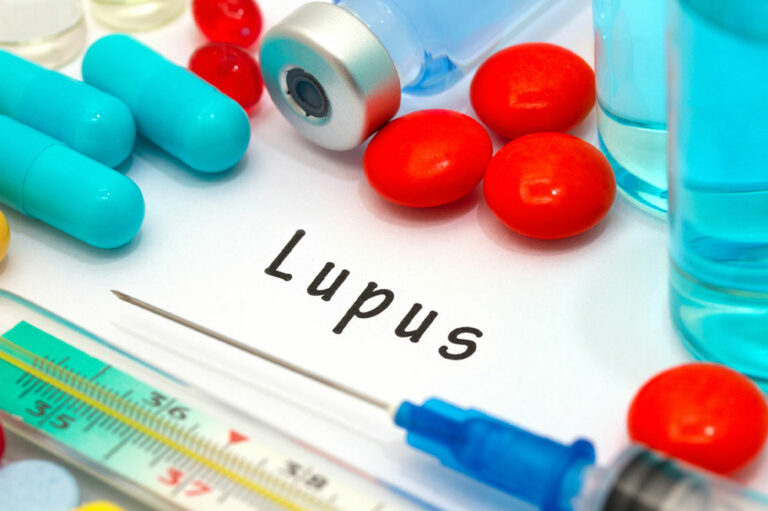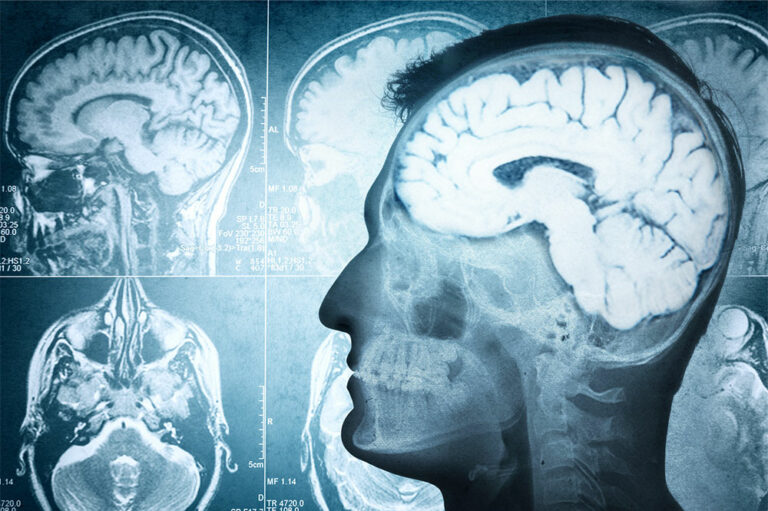
health
4 vitamins to maintain eye health
The eyes are complex organs; they require vitamins, minerals, and nutrients to function properly. Deficiencies in any of these elements can lead to an increased risk of developing eye diseases and conditions. These include glaucoma, macular degeneration, and even night blindness, which can compromise vision and degrade eye health. Here, we discuss four vitamins that are important to eye health and the foods that are rich sources of these vitamins. Vitamin A Vitamin A is essential to eye health. It helps in maintaining the cornea, ensuring a person has clear vision. The cornea is the layer that covers the iris and pupil. Individuals with vitamin A deficiency may experience dry eyes, which are caused due to a lack of moisture. Certain studies also indicate that low levels of vitamin A can lead to night blindness. Vitamin A is also a component of an essential protein known as rhodopsin. This protein is what allows us to see in low or poor light conditions. Beta carotene is the primary source of vitamin A. It is found in various colorful fruits and vegetables, such as sweet potato, squash, red peppers, and carrots. Vitamin C It is another important element when it comes to eye health. The main function of vitamin C is that it protects the eyes from the sun’s UV rays. This prevents damage to the cornea and other parts. Vitamin C also prevents oxidative damage, which can lead to cortical or nuclear cataracts. It is advisable to add foods enriched with this essential nutrient to your meals. Foods that are abundant sources of vitamin C include oranges, blackberries, grapefruit, Brussel sprouts, and broccoli. Vitamin B B vitamins, particularly vitamins B6, B9, and B12, can impact eye health. When present in average amounts, these vitamins can lower the levels of homocysteine, an amino acid that has been linked to inflammation and an increased risk of age-related macular degeneration.










